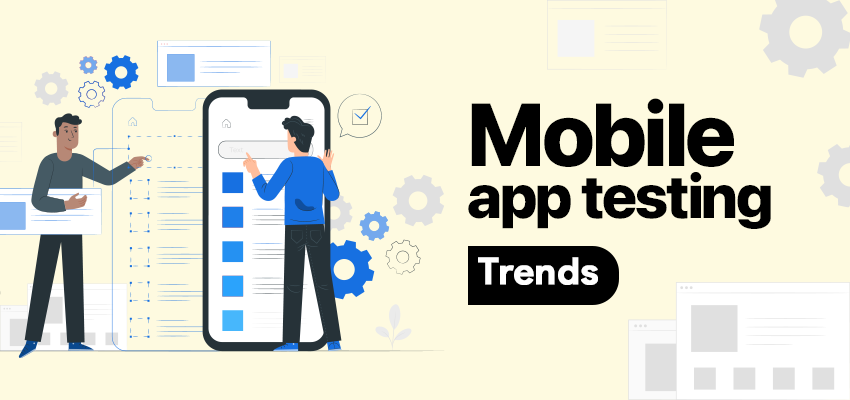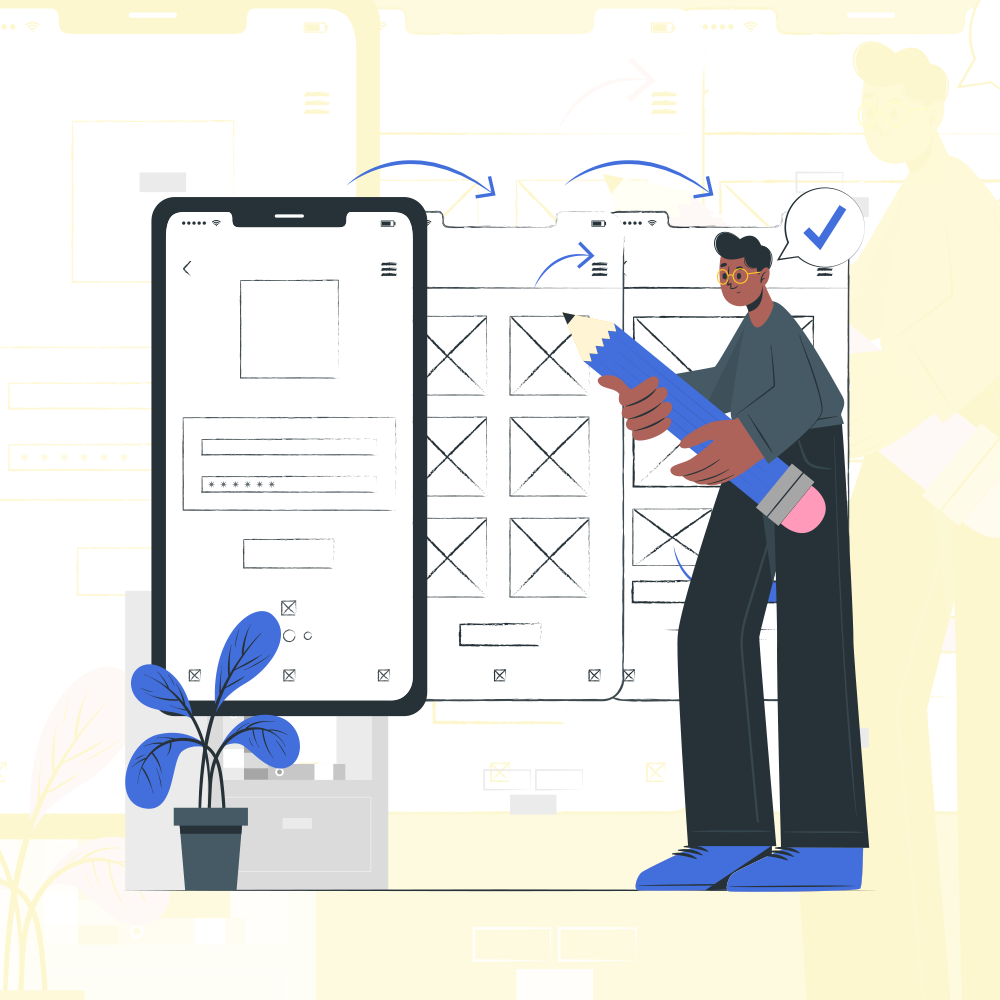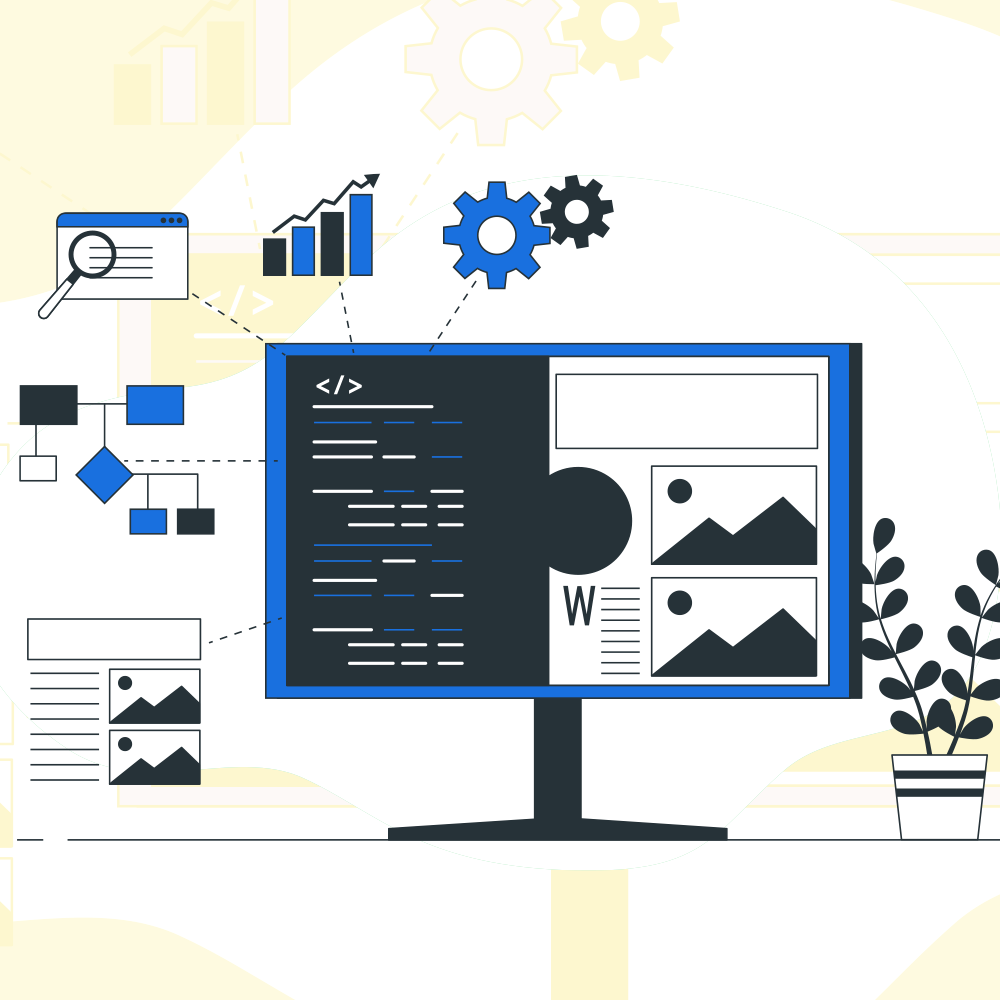Mobile app testing Trends

Mobile app testing evolves rapidly as mobile technology advances and user expectations rise. Innovations such as automation tools, AI, and machine learning are transforming the testing landscape. This article explores key trends like cross-platform frameworks, performance and security testing, continuous integration, test automation frameworks, and cloud-based testing. Staying updated on these trends is essential for developers and QA professionals to deliver high-quality, reliable mobile applications.
Cross-Platform Frameworks

In a nutshell, cross-platform mobile app development frameworks are the tools you use to build cross-platform applications. Cross-platform frameworks enable developers to write a single codebase that runs on multiple mobile operating systems, such as iOS and Android. Popular frameworks like Flutter, React Native, and Xamarin streamline the testing process by reducing redundancy and ensuring consistency across platforms.
These frameworks support automated testing tools and offer extensive libraries, making it easier to detect and fix issues early. By adopting cross-platform frameworks, teams can accelerate development cycles, reduce costs, and maintain a high standard of quality across all devices.
Performance and Security Testing

- Performance Testing
- Security Testing
Performance Testing ensures mobile apps run efficiently under different conditions by evaluating loading speed, responsiveness, and resource usage. Tools like JMeter and Firebase Test Lab help identify performance bottlenecks and optimize app performance. JMeter can be used to simulate a heavy load on a server to test its strength or to analyze overall performance under different load types. Firebase Test Lab is a cloud-based app testing infrastructure that lets you test your app on a range of devices and configurations, so you can get a better idea of how it'll perform in the hands of live users.
Security Testing identifies and addresses vulnerabilities to safeguard user data and privacy. Using tools like OWASP ZAP and MobSF, security testing protects against threats such as data breaches and unauthorized access.
Both types of testing are crucial for delivering high-quality, reliable, and secure mobile applications.
Continuous Integration

Continuous Integration (CI) is a development practice where developers frequently integrate code into a shared repository, often multiple times a day. Each integration is automatically tested to detect and address issues early. In mobile app testing, CI tools like Jenkins, CircleCI, and GitHub Actions streamline the process by automating builds, running tests, and generating reports. This approach ensures that mobile apps are consistently tested and validated throughout the development lifecycle, leading to faster release cycles, improved code quality, and early detection of bugs.
Continuous Integration (CI) enhances QA testing by:
- Early Bug Detection: Frequent code integration and automated testing catch issues early.
- Automated Testing: CI tools run tests automatically with each code commit, ensuring thorough and consistent test coverage.
- Consistent Quality: Regular integration maintains stable code quality and prevents technical debt.
- Reduced Manual Effort: Automation decreases the need for manual testing, freeing QA teams for more complex tasks.
CI streamlines the testing process, leading to higher-quality mobile applications and more efficient development workflows.
Test Automation Frameworks

Test automation frameworks streamline mobile app testing by automating repetitive tasks, ensuring consistent test execution, and enhancing efficiency. Key frameworks include:
- Appium: Cross-platform, open-source tool supporting iOS and Android apps.
- Espresso: Google’s fast, reliable framework for Android apps.
- XCUITest: Apple’s high-performance framework for iOS apps.
- Selenium: Versatile tool for web apps, integrated with Appium for mobile web testing.
- Robot Framework: Open-source, keyword-driven framework supporting various applications through integrations.
Cloud-Based Testing

Cloud-based testing leverages cloud environments to test mobile apps on a wide range of real devices and operating systems. It offers scalability by allowing resources to be adjusted based on demand, and cost-effectiveness through pay-as-you-go pricing. This approach enhances accessibility, enabling teams to access testing environments from anywhere, and speeds up the process by supporting parallel testing on multiple devices. Popular platforms like AWS Device Farm, Sauce Labs, and BrowserStack provide robust tools for comprehensive testing, ensuring high-quality mobile applications.
Conclusion
In the dynamic world of mobile app testing, embracing the latest advancements is key to delivering exceptional user experiences. Automation, continuous integration, cross-platform frameworks, and cloud-based testing are revolutionizing how we ensure app quality. These cutting-edge technologies streamline testing, enhance reliability, and provide comprehensive coverage, helping developers and QA professionals meet the ever-growing expectations of users. By leveraging these trends, teams can create robust, secure, and high-performing mobile apps that shine in today’s competitive market. Staying ahead with these innovations ensures that mobile apps not only meet but exceed quality standards, delighting users and driving success in the digital age.